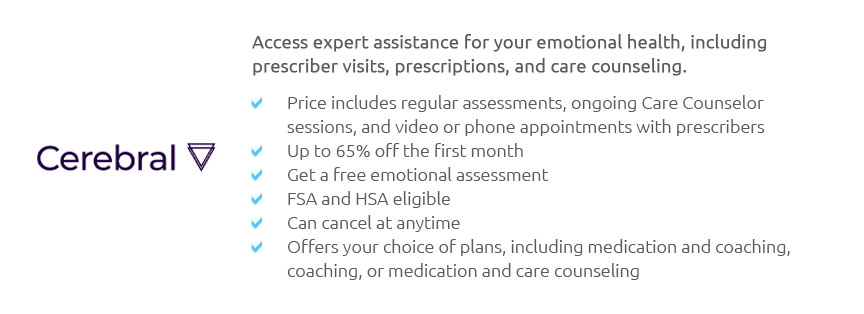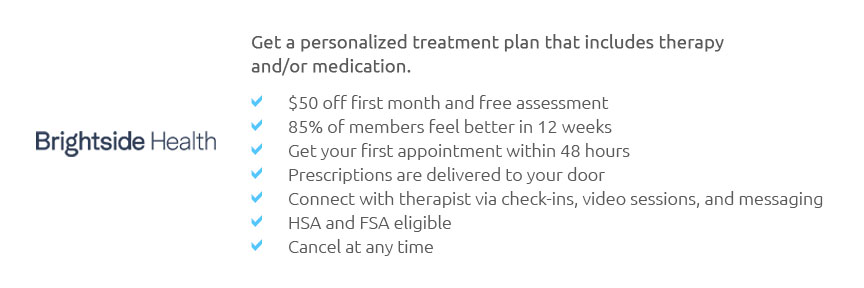 |
 |
 |
|---|
 |
 |
|---|
 |
|
|---|---|
 |
 |
 |
 |
 |
 |
 |
 |
 |
 |
 |
 |
 |
 |
 |
 |
|---|
Seeking Therapy for Depression: A Path to Healing and GrowthUnderstanding DepressionDepression is a common mental health condition that affects millions of people worldwide. It can manifest in various ways, including persistent sadness, lack of interest in activities, and physical symptoms such as fatigue. Understanding the nature of depression is the first step towards seeking effective treatment. Causes of DepressionDepression can arise from a complex interplay of factors, including genetic predispositions, environmental influences, and life events. Recognizing these triggers can help in tailoring therapy to individual needs. The Benefits of TherapyEngaging in therapy for depression offers numerous benefits that can significantly enhance one's quality of life. Through therapy, individuals can gain insights into their emotions, develop coping strategies, and build resilience. Types of Therapy
Choosing the Right TherapistFinding a therapist who is a good fit for you is crucial for the success of the treatment. Consider factors such as the therapist's experience, approach, and your comfort level with them. In some cases, exploring remote therapy sessions can offer greater flexibility and accessibility. Questions to Ask a Potential Therapist
Integrating Therapy into Daily LifeTherapy is most effective when its principles are applied in everyday life. This involves practicing techniques learned during sessions, such as stress management skills, which can be further explored through resources like stress therapy in Pleasantville, NJ. Frequently Asked QuestionsWhat should I expect during my first therapy session?During your first session, the therapist will likely ask questions about your background, current situation, and symptoms. This information helps in creating a tailored treatment plan. How long does therapy for depression typically last?The duration of therapy varies depending on individual needs. Some people may benefit from short-term therapy, while others might engage in longer treatment to address deeper issues. Can therapy be combined with medication?Yes, therapy is often used in conjunction with medication to manage depression more effectively. Your therapist and doctor can work together to determine the best approach for you. ConclusionSeeking therapy for depression is a proactive step towards reclaiming your mental health and enhancing your overall well-being. Whether through traditional in-person sessions or innovative remote options, therapy provides valuable tools for navigating life's challenges. https://www.apa.org/topics/depression/overcoming
Depression, also known as major depressive disorder or clinical depression, is one of the most common mental disorders in the United States. In ... https://www.nimh.nih.gov/health/publications/depression
Information about depression including the different types of depression, signs and symptoms, diagnosis, treatment options, and how to find help. https://www.healthline.com/health/depression/help-for-depression
Many mental health professionals will suggest trying therapy before medication. However, if your depression is severe, they may advise using a ...
|
|---|